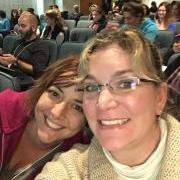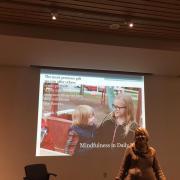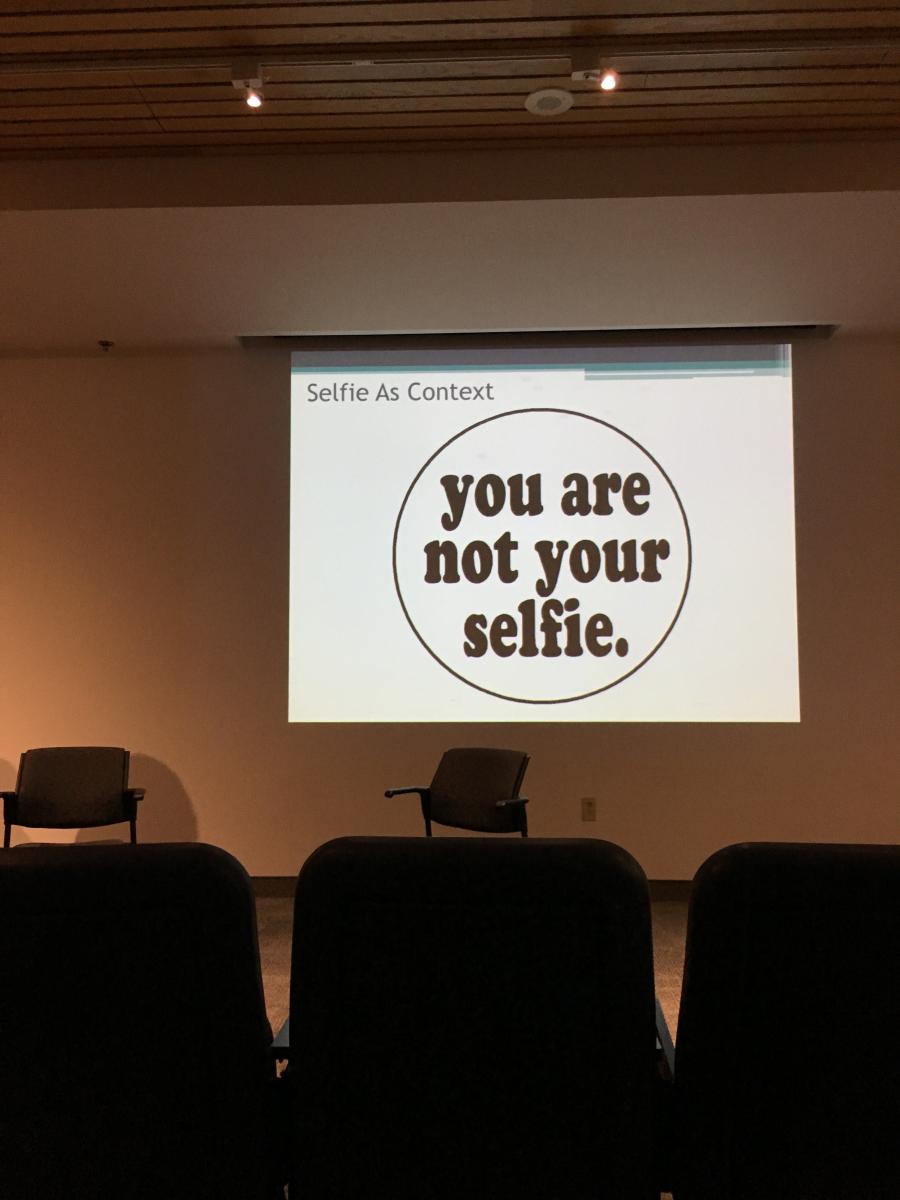
The New Atlantic Canada Chapter Reflects Upon a Successful First Year
By: Susie McAfee, Ph.D.
Getting a regional ACBS Chapter started in Atlantic Canada was in some ways easier than I thought it would be and in others much more difficult. The things that made it easy are the very things I love about ACBS generally. It is a community that fosters a culture in which you can feel like you belong, where you can see that even small contributions are valued, and that you are personally valued. Even when your mind tells you that you don’t have much to offer, or can’t make a difference, others will recognize, appreciate, and encourage your ability to step out of your comfort zone and add something to the work, the mission, and the alleviation of human suffering. Being part of an organization like that is empowering. It emboldens, and spurs us to action. These experiences can make you bite off more than you can chew and can lead you to feel excited and proud as well as disappointed and inadequate.

In the first year of our chapter we have recruited almost 70 members. Some of these were professionals already working with and supporting each other in the use of ACT. We were lucky enough when we started to be able to tap into this preexisting group who provided the foundation for one of the core activities of most ACBS Chapters, peer supervision meetings. In turn, the formal association with ACBS allowed the infrastructure for this group to identify others in the region who might have similar interests and to open up to include a much more diverse and geographically dispersed group. The ACBS title also lends a legitimacy to initiatives that members may wish to undertake and allows members to dare to suggest taking on larger initiatives that would otherwise seem impossible for one individual, for example offering introductory and additional advanced ACT workshops.
In the Fall of 2016, our chapter sponsored two ACT workshops. More accurately, we co-sponsored the workshops with a local pediatric hospital. Aligning ourselves with a preexisting clinical workshop series was advantageous in many ways and I would recommend exploring co-sponsorship opportunities in your area. Our chapter does not charge dues, and we did not have any start-up funds, so hosting a workshop with a peer-reviewed trainer on our own would not have been feasible. We would also not have had access to the level of administrative support that is essential in making these kinds of events successful without this partnership. Fortunately, we were able to apply for an ACBS seed loan that allowed us to approach the Psychology Chief at the hospital to suggest a cost sharing arrangement. Though she had much less to gain than we did, she agreed to our request because of the shared values of providing high quality, low cost training, and supporting local psychological and behavioral initiatives within larger organizations.
We worked together to plan a one-day “refresher” or basic intro to ACT for staff who had previously been to a workshop or done some reading but were not actively using ACT with their clients or were just starting to work with this model. I offered my services (free of charge) to facilitate this workshop, free for hospital psychologists. A very small fee ($50) was charged for all others to attend. Our vision was that this one day workshop in September would help people review the model, reengage with a desire to learn and practice ACT, and create additional interest in attending our two day workshop with Dr. Lisa Coyne in November.

What we did not anticipate was a complete lack of support from upper management for hospital staff attendance. This particular Psychology Department workshop series has been a successful generator of revenue for over 20 years. Historically, staff were allowed to attend due to the high quality of training provided for very low cost with no need to pay for travel. In this time of fiscal restraint it was determined that, regardless of the quality and affordability of the training, the two days of missed work was too burdensome to the system whose training priorities did not include Acceptance & Commitment Therapy. Nevertheless, we persisted, and both workshops had good attendance, primarily from local private practitioners and those who had traveled to Halifax from surrounding areas. Dr. Coyne was also gracious enough to give an evening talk at a local private school to an audience of parents who were introduced to the importance of mindfulness and values in parenting.
Although I count these chapter events as successful, there were many challenges faced in making them happen. In addition to the unexpected restrictions on attendance, our highly valued administrative person who had previously ensured the success of these workshops unexpectedly went on leave. Her absence required that we hire additional administrative support at additional cost. In conjunction with the reduced attendance, this situation did not bode well for the profitability of our venture. In the end, we basically broke even. Though we had hoped for more, given the number of unforeseen obstacles, simply holding both events, spreading the work of ACBS, and increasing the profile and membership of our fledgling chapter were still positive outcomes. I would definitely encourage others to host similar events keeping in mind to leave plenty of time to obtain all the necessary approvals at all levels of an organization. Clearly delineate roles and responsibilities ahead of time, price your fees according to fair market value, and get your chapter bank accounts sorted before asking ACBS for a seed loan!
Overall, in our first year, we did not accomplish as many of our objectives as we had hoped to and getting together for board meetings has been even more challenging than anticipated with busy schedules and multiple commitments. Nevertheless, we established an executive board that brings together five professionals from three different disciplines who work across the public and private mental and behavioral health systems in the province. We may not have gotten together and figured out where we are going next, but we’ve held democratic and fair elections, established healthy working relationships, hosted two local training events, a public talk, made connections with peer-reviewed trainers, and by our efforts added substantially to the number of registered ACBS members in this area of the country.

Unfortunately, we have not been able to reach out and involve as many people across the region as we would have liked. Our membership is heavily weighted towards white, English speaking, professionals in the major city of Halifax, yet we represent a very large and geographically diverse territory that is primarily rural and includes a multitude of different linguistic and cultural groups. First Nations, African Nova Scotians, and Acadians are particularly notable based on the history of the area. We are also welcoming increased numbers of new Canadians and now have a large population of Syrian permanent residents. When I think of the challenge of making this chapter work across four provinces with such diversity, it can be daunting; however, I also know that having made this start we are far more likely to actually take action to bring these groups together, to spread CBS, to find ways that our ACT community can have a real and immediate impact on improving the lives of those in communities across Nova Scotia, PEI, New Brunswick, and Newfoundland.
I don’t know how we are going to do this. I don’t even know what work needs to be done or what our priorities should be. But I do know that functional contextualism is so very needed in our world, and I believe that building and investing in this chapter will position us to get involved when we see the opportunities, to be there to respond when the needs become clear, to create opportunities for change in a province and region where change sometimes comes slowly and is often met with resistance. I have no idea what this future will look like, but I know that it will only be possible together and that is what ACBS does. It brings people together, to take action, and that makes all the difference.
